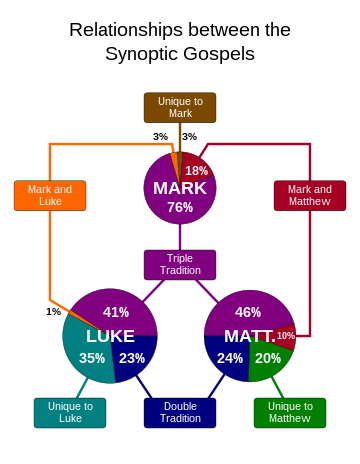nPeace
Veteran Member
Thanks for sharing your opinion.My humble understanding on this matter and my personal view is that Jesus Teachings revolve around love for all people and that He would much have preferred reconciliation between faiths rather than conflict or wars.
So all humanity are my brothers and sisters no matter which religion or no religion.
It is my understanding that He referred to the coming of Baha’u’llah when He spoke about one fold and one shepherd, that is, all people united in belief in one God.
In the days of Jesus it was love thy neighbour but in this day it is to love all mankind just an expansion of the love He taught in a universal manner.
So it is my understanding we must love all religionists and all people and be at peace with each other. This is what Jesus taught .
Baha’u’llah is only expanding further the teachings of Jesus to Encompass this day and age but they are one in spirit and have the same aims and goals namely that we love each other and all humanity and be free from prejudice.
From scripture we do see that Jesus Christ perfectly reflected his father's love, so that is a love worth imitating, and JWs try to show love to all their neighbors.
They do so by showing an interest in people wherever they go, both in a physical and emotional way, but more importantly in a spiritual way - sharing the message of truth - the good news of the kingdom of God.
Their faith is a way of life.
One of the things that stands out to me about Jesus, is his love first and foremost for his father. He loved his father so much that he stands for everything his father represents. This includes truth, righteousness, and justice. Hebrews 1:9 says of Christ ...You loved righteousness, and you hated lawlessness. That is why God, your God, anointed you with the oil of exultation more than your companions.”
So Jesus also loves what is right and true, and hates what is unrighteous and false, because they are not of/from his father.
John 14:6; 17:17; 18:37
That appeals to me, knowing that those whom I want as my friends hate those things, because I want to imitate that, and strive to.
So what do you think about Jesus' words?
Matthew 7:15-23
15 “Be on the watch for the false prophets who come to you in sheep’s covering, but inside they are ravenous wolves.
21 “Not everyone saying to me, ‘Lord, Lord,’ will enter into the Kingdom of the heavens, but only the one doing the will of my Father who is in the heavens will. 22 Many will say to me in that day: ‘Lord, Lord, did we not prophesy in your name, and expel demons in your name, and perform many powerful works in your name?’ 23 And then I will declare to them: ‘I never knew you! Get away from me, you workers of lawlessness!’
....and his apostles'
Acts 20:29, 30
29 I know that after my going away oppressive wolves will enter in among you and will not treat the flock with tenderness, 30 and from among you yourselves men will rise and speak twisted things to draw away the disciples after themselves.
1 Timothy 4:1
However, the inspired word clearly says that in later times some will fall away from the faith, paying attention to misleading inspired statements and teachings of demons,
2 Timothy 4:3, 4
3 For there will be a period of time when they will not put up with the wholesome teaching, but according to their own desires, they will surround themselves with teachers to have their ears tickled. 4 They will turn away from listening to the truth and give attention to false stories.
1 John 2:18, 19
18 Young children, it is the last hour, and just as you have heard that the antichrist is coming, even now many antichrists have appeared, from which fact we know that it is the last hour. 19 They went out from us, but they were not of our sort; for if they had been of our sort, they would have remained with us. But they went out so that it might be shown that not all are of our sort.
Do you think we should imitate them in their hatred of such unrighteousness and deliberate falsehood (not hatred of people)?


